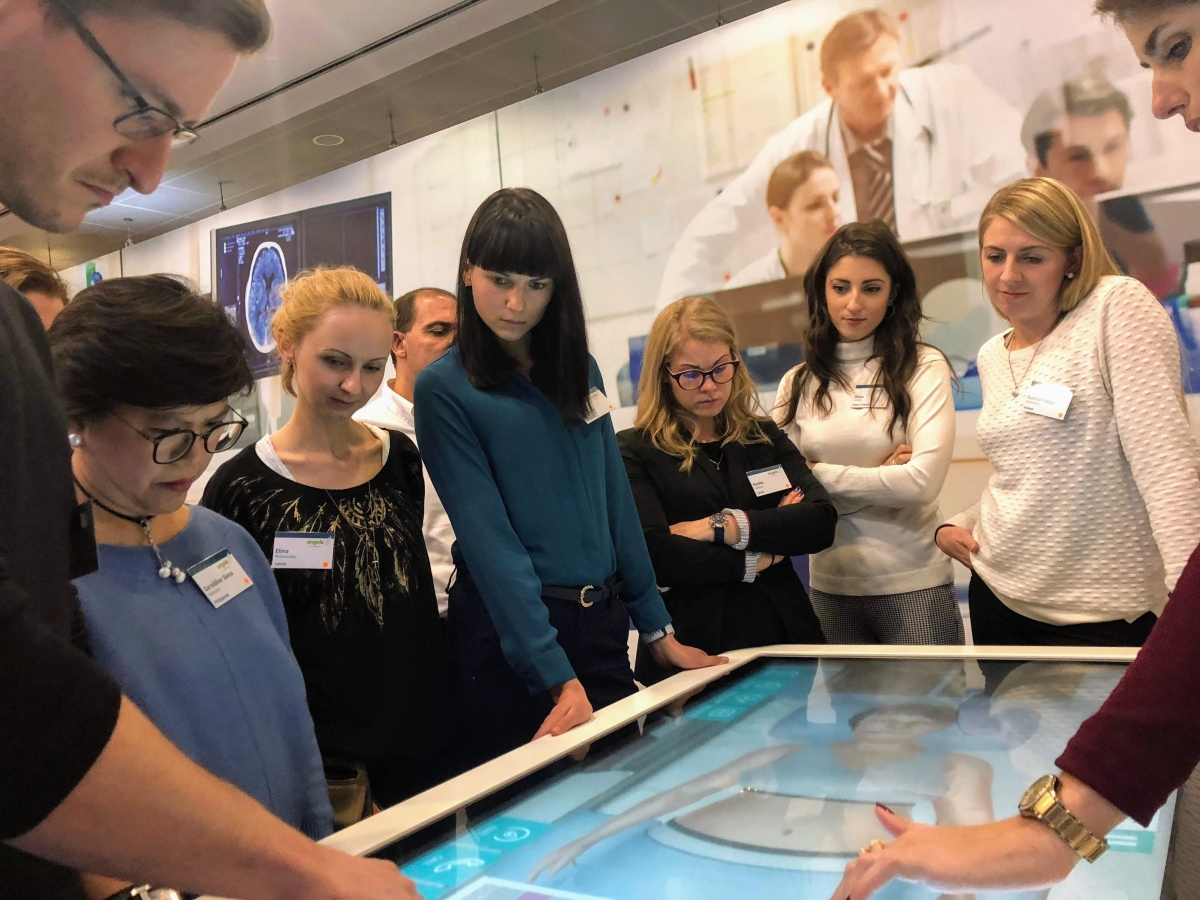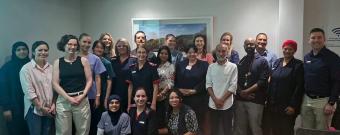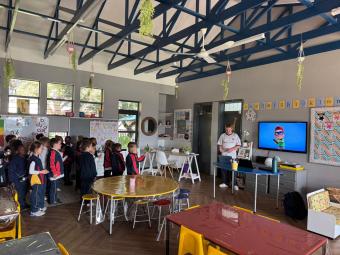There are 50 countries in Europe, yet there are only 12 countries with dedicated Angels Consultants. As much as we would like to have dedicated Angels Consultants in every country, we knew that, as the project is still at infancy level, we needed to maximize the limited resources we have by prioritizing certain coverages.
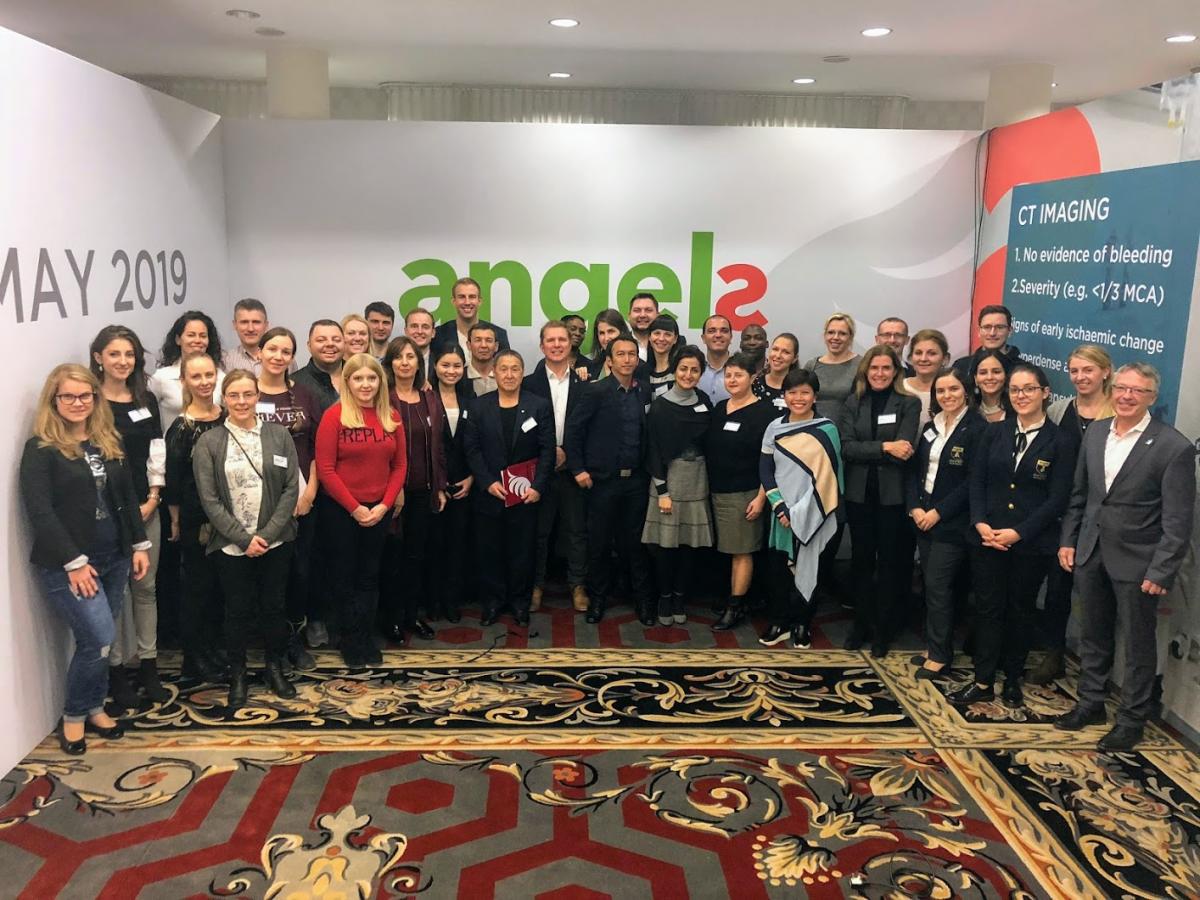
Nevertheless, it was difficult to ignore that there are countless patients in other countries which can benefit from the initiative’s consultancy process. And so, we thought; if we can’t go to these hospitals, why don’t we bring the hospitals to us?
In December of 2017, we began experimenting with the Train the Trainer (TTT) concept. The idea was simple; let’s invite several dozen physicians, nurses and ambulance crews from hospitals that are not yet covered by our existing consultants and introduce them to the Angels consultancy processes and tools, in hope that they can bring home positive changes at a hospital, regional or even national level.
Since then, we have conducted five TTT meetings in Germany, attended by nearly 150 stroke care professionals from countries such as Croatia, Greece, Macedonia, Moldova, all the way to Kyrgyzstan. And although we are still constantly finding ways to improve the training program, we are proud to say that we have been surprised by how well received the courses are, and how much impact they have generated.
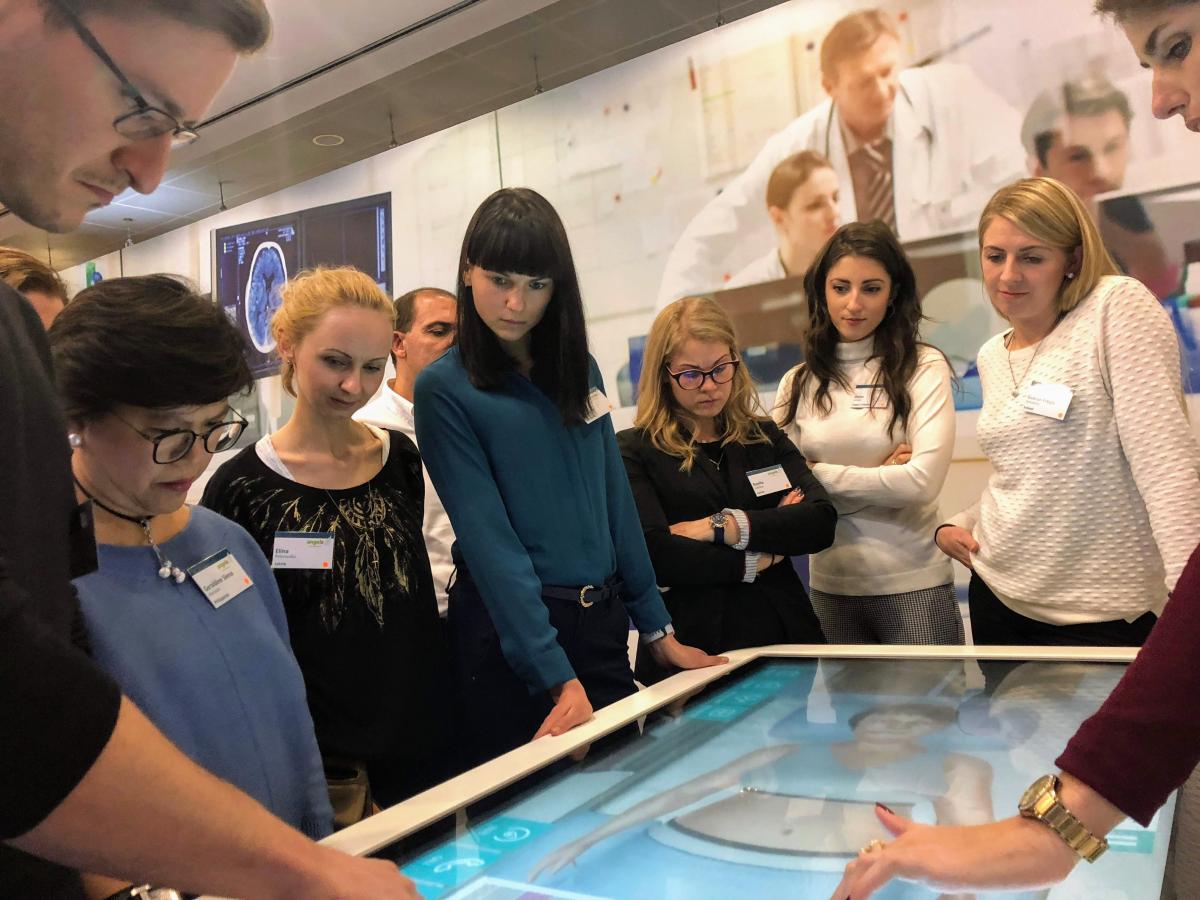
The two full training days are divided into several main plenaries and three parallel sessions. The main plenaries consist of introduction to the Angels Initiative, and workshops on the pre-hospital phase, post-acute phase and quality monitoring – often involving well-regarded guest speakers in their respective fields, such as Dr. Matej Polák (CEO of ZaMED EMS and President of the Association of EMS in Slovakia) and Andreaa Grecu (RES-Q Project Manager and Angels European Steering Committee Member).
Participants are then divided into three groups for the parallel sessions, where they take turns learning how to make better clinical decisions, improve their CT image reading skills, and enhance their hyperacute phase management and pathways. These parallel sessions tend to be led by our most experienced Angels, which allows them to draw on a wide array of experiences from various countries. These sessions are further supported with the help of advanced software such as Body Interact for the Clinical Decision session and Brainomix’s e-ASPECTS for the CT Imaging section.
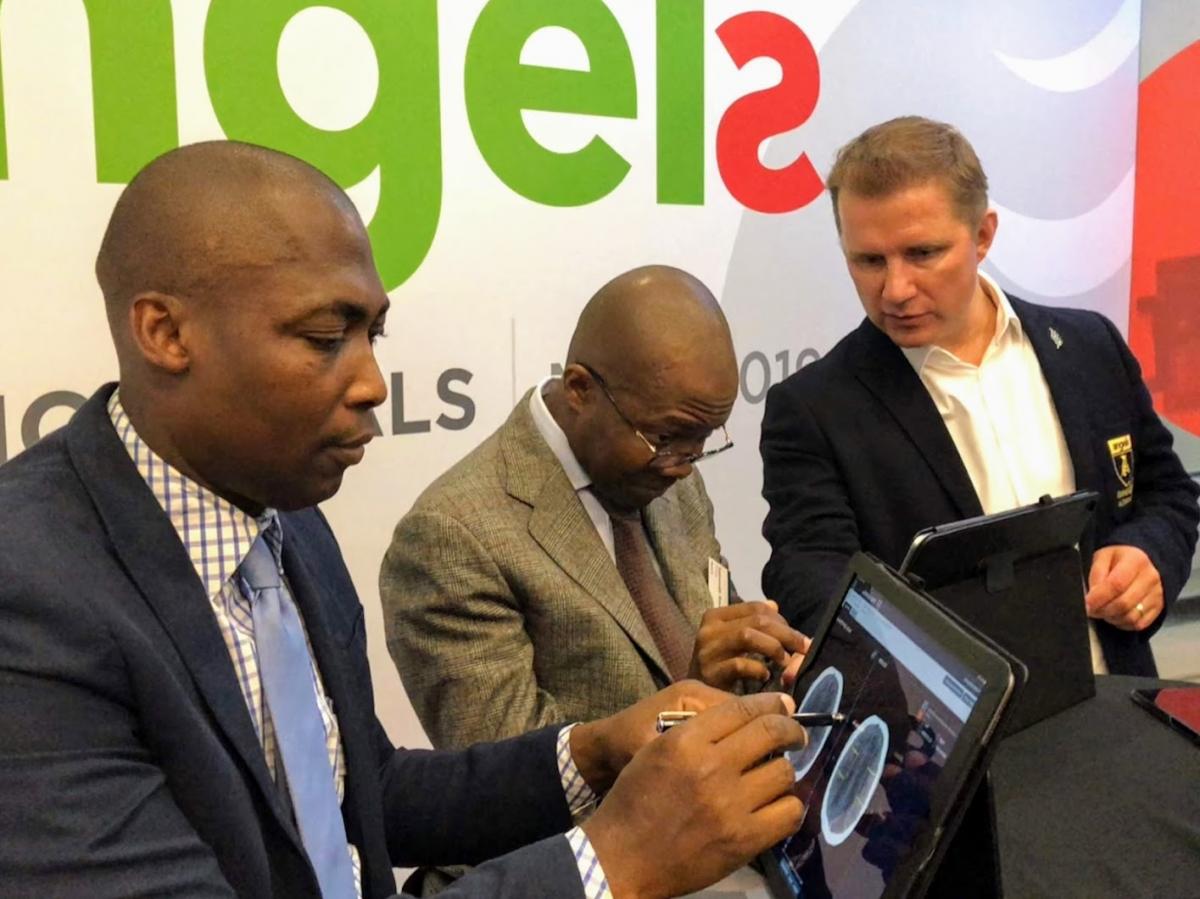
During the latest TTT workshop in December 2018 we introduced an exciting new element: onsite simulation plenaries, led by Dr. Paola Santalucia, the Director of the Emergency Neurology Unit of her hospital in Messina, Italy, as well as the coordinator for ESO’s Simulation Committee. Like how a full-fledged simulation center works, this plenary session started by assigning three sets of volunteers the roles of doctors, nurses or ambulance staffs (patients and relatives were played by Angels Consultants).
Each group were then presented with a unique clinical scenario based on real past cases and were tasked to treat the patient while being observed by the rest of the participants through a live video feed in another room. Everything was kept as close to real life situation as possible – such as the presence (or lack of) a prenotification system, on-call radiologist, and various curve balls on possible contraindications that can really test the participants’ knowledge of stroke guidelines.
Once the simulation was completed, the whole group reconvened for a group discussion, moderated by Dr. Santalucia, to highlight the strengths and weaknesses of the performing team. What tended to follow were fruitful dialogues which covered not only medical knowledge, but often touched soft skills such as how to treat ambulance workers and patient’s relatives. Based on participants’ feedback, it looks like the Simulation Plenaries will become a constant feature of our TTT workshops in the future.
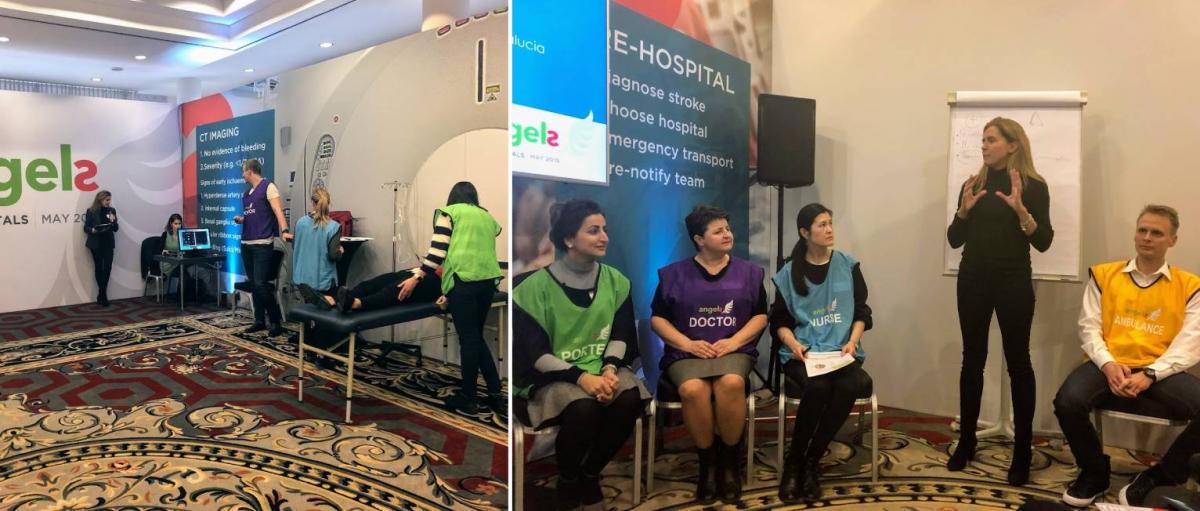
Despite having only five iterations since our first TTT meeting in December 2017, we feel that the workshop has greatly evolved, consistently adding new values by the next iteration. Just as a hospital should constantly seek ways of improving their treatment times and quality, we will keep trying to improve our TTT workshop by constantly searching for and testing new methods or technologies that can equip attendees with practical tools and knowledge that can be implemented easily within their surroundings.
Have you got an idea for us?
